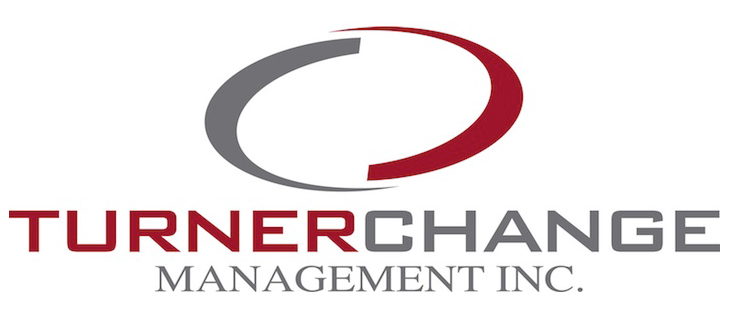Four Conditions that Helped Enable Rapid Team Formation
The starting place for our group was a clear goal, a purpose for working together, and clarity on roles and responsibilities. Although these are necessary for teamwork they may not be sufficient. As I reflected on our rapid transformation four additional conditions emerged.
- Respect – the whole person and not just their position or expertise. Each person in the group was selected because of their expertise and knowledge. Our group was able to become a team quickly because we respected and embraced the person. This meant respecting the diverse communication styles, personalities, and nuances of each member. The team leader made the time and space, without rushing, for members to contribute.
- Trust –that you and everyone else in the group are smart and know your stuff. Then let go of the need to prove it. Patrick Lencioni calls this “vulnerability-trust”. He describes it as the ability to explore one’s weaknesses. When this type of trust develops, group members participate more fully in the conversations, problem-solving becomes a shared experience. The need to be right is replaced with the desire to find the best solution. For me, it meant seeing my work from a different perspective which led to new insights.
- Fun – is as important as the work. Our project had a firm and un-moveable completion date. Everyone in our group knew time was not our friend. The pressure to complete at the desired quality was intense. Yet, we still made time to socialize, laugh at ourselves, with each other, and through the ups and downs of the work. In the moments of fun we shared insights, got to know one another, and celebrated our differences.
- Value – everyone’s perspective and experiences to create collective intelligence. Our group was diverse in terms of industry background, gender, area of expertise, and work experience. We also spanned multiple generations. Yet each person was given time to ask questions, contribute, and make recommendations. No one person dominated the conversation or the activity. The different levels of thinking, experience, and perspectives were acknowledged and valued.
Teamwork Creates a Competitive Advantage
Teamwork is a highly valued commodity. Patrick Lencioni author of the Five Dysfunctions of a Team stated, “Not finance, not a strategy. Not technology. It’s teamwork that remains the ultimate competitive advantage, because it is so powerful and so rare.” [2]
What has been your experience creating and working as part of a real team?
[1] Katzenbach, J. R., & Smith, D. (2009; 1993). The discipline of teams. In W. Burke, D. Lake, & J. Paine Wamire (Eds.), Organizational Change A Comprehensive Reader: Jossey Bass.
[2] Lencioni, Patrick The Five Behaviours of a Cohesive Team Model


 A working group is focused on the effort of each individual member. The results are judged on the result of the work of each member. A team’s focus is the collective contribution. A team does not focus on the work of anyone member but on how the work contributed and enabled “collective-work-products.” That is, the ability to create something that would not have been possible without the joint effort.
A working group is focused on the effort of each individual member. The results are judged on the result of the work of each member. A team’s focus is the collective contribution. A team does not focus on the work of anyone member but on how the work contributed and enabled “collective-work-products.” That is, the ability to create something that would not have been possible without the joint effort.
